The Main Street project is grounded in collaborative, data-based decision-making. Input from people with disabilities and other stakeholders has informed all aspects of the project from inception to current operations. This webpage provides an overview of Main Street’s research and evaluation efforts and provides a starting place for others who wish to gather and utilize data to shape their own projects.
Why Collect Data?
Creating and operating an affordable, inclusive housing project is time-consuming, complicated and expensive. Amid these tremendous challenges, why spend time and resources on evaluation? Main Street has several answers to this question:
- Anecdotes are not enough to determine success
- Good intentions do not ensure positive results
- Funders want data
- Policymakers need data
- Data promotes ongoing improvement
- Data informs decision-making
- Data empowers us to share our model
For all these reasons, Main Street has embraced data collection as a key component of its development and operations.

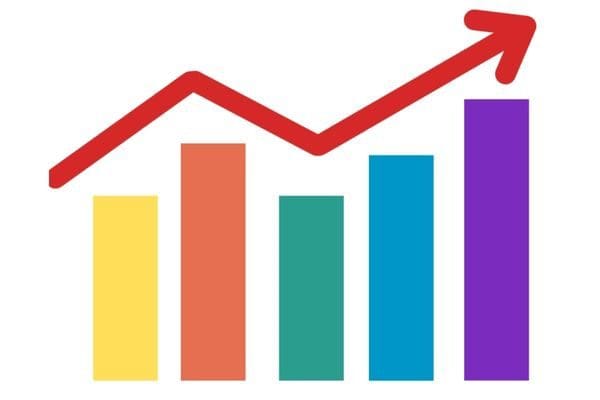
Market Research
Market research is a critical first step in guiding the development of any housing project. This includes gathering data about what exists and what is lacking in your community and talking to people with disabilities and their families about both wants and needs.
The initial decision to develop Main Street was based on significant input from adults with disabilities and their families and from diverse sectors including public, private, governmental, business, health, education, law enforcement, social services, religious, housing and more in Montgomery County and the State of Maryland. While developing the concept of Main Street from 2014-2017, the founders conducted extensive research within the disability community locally and nationally to determine gaps in services, barriers, best practices and model programs. Data collection methods included an online survey and in-person interviews.
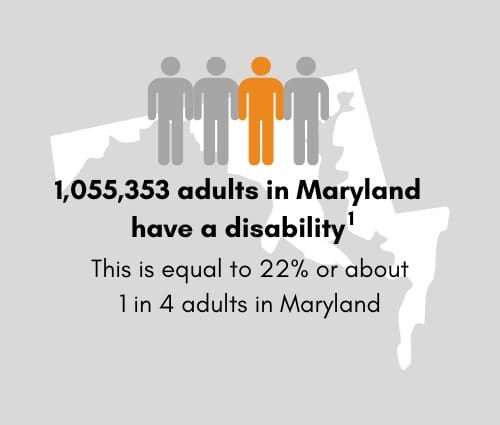
Up to 1 in 4 adults in the U.S. have some type of disability2. The unemployment and underemployment rates for people with a disability are far higher than for those without a disability. According to 2023 U.S. Bureau of Labor Statistics data, only 22.5% of people with a disability were employed, compared to 66% for those without a disability. In addition, 29% of workers with a disability were employed part time, compared with 16% for those without a disability. The result is that people with a disability are far more likely to have extremely low income and to be unable to afford housing without significant support.
Understanding statistics about those with disabilities and the barriers they face in finding housing is an important step in advocating for and working to develop more housing options.
1. https://www.cdc.gov/ncbddd/disabilityandhealth/impacts/maryland.html
2. https://www.cdc.gov/ncbddd/disabilityandhealth/infographic-disability-impacts-all.html
Partnerships
In addition to the importance of initial market research, Main Street believes that ongoing data collection is essential to guide a project’s development, understand its impact and support ongoing improvement.
Main Street has developed important partnerships to support efforts in this area, and encourages other projects to seek similar opportunities.

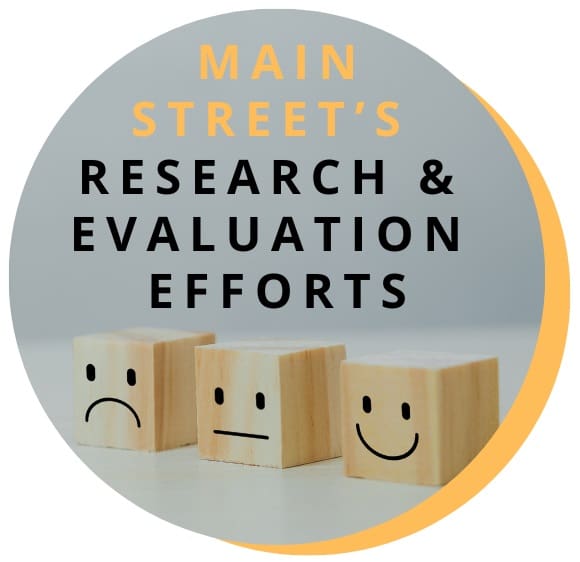

In early 2020, Main Street partnered with the University of Maryland (UMD) to create a mixed methods research project examining the impact of living at Main Street on its residents, with and without disabilities, and their family members. The quantitative aspect of the study showed that, following the move to Main Street, there was statistically significant improvement in three areas: overall quality of life, psychological wellbeing and neighborhood/community satisfaction. These findings were fleshed out in qualitative interviews. Our research results may be useful to others seeking to demonstrate the value of inclusive, affordable housing, and to highlight factors that significantly contribute to quality of life.

Beyond housing, Main Street is a membership-based community that offers 15+ weekly social, cultural, educational and wellness programs to residents and non-residents who join as members. In 2020, Main Street partnered with a private evaluation firm, Sharp Insight, to create an evaluation plan and logic model of desired outcomes for the Main Street organization and membership program. Through this partnership, Main Street developed a membership application, membership annual survey and program and event surveys that have enabled us to improve our processes and programs on an ongoing basis. Main Street has taken a developmental evaluation approach, incorporating learnings as we go, to shape the creation of the Main Street model.

Main Street has partnered with Hoos for Data, a volunteer organization comprised of students and alumni from the University of Virginia’s Master of Science in Business Analytics. Hoos for Data helps nonprofits analyze their data and derive actionable insight on a pro-bono basis. This partnership has enabled us to better understand the demographics, needs and outcomes of our members through advanced analysis of data collected on our membership application and annual member surveys. Hoos for Data has also helped us identify trends over time, which has guided decision-making for our membership and programming.
Logic Models
According to the Centers for Disease Control, “A logic model is a graphic depiction (road map) that presents the shared relationships among the resources, activities, outputs, outcomes, and impact for your program. It depicts the relationship between your program’s activities and its intended effects.” With the help of our partner Sharp Insight, Main Street created a logic model for our organization as a whole and for our membership program. Our one-page logic model enabled us to identify realistic outcomes that we hope to achieve with the resources we have. From there, we were able to determine what evaluation tools were needed to measure these outcomes, which included an annual member survey and a program and event survey. Now in place, we utilize these tools on an ongoing basis to evaluate our progress toward the desired outcomes established in our logic model.

Presentations
The following video presentations include information about Main Street’s research and evaluation efforts, the critical partnerships connected to these efforts and lessons learned.
Affordable Housing for Special-Needs Adults
Webinar hosted by The Brookings Institution with Main Street Founder Jillian Copeland
(July 2020)
Data Collection Efforts of Other Projects
Research from The Kelsey and the Urban Institute

The Kelsey and Urban Institute conducted a national needs assessment that quantifies the number of disabled people facing housing insecurity due to barriers including lack of affordability, accessibility and supportive services. The results of the research, released in October 2022, describe the current characteristics and living situations of people with disabilities, as well as challenges they face in accessing federal housing assistance and other support programs. Get details about this study from The Kelsey and the Urban Institute.
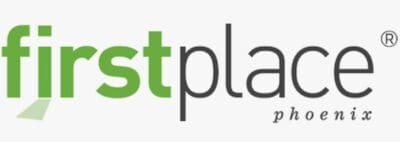 Reports from First Place
Reports from First Place
First Place-Phoenix is a residential development and transition academy that has spearheaded studies aimed at expanding housing options for people with neurodiversities. Details about their work and findings are available here.
 FINANCIAL CONSIDERATIONS
FINANCIAL CONSIDERATIONS
Main Street was fortunate to receive generous support from a private donor to fund our partnerships with the University of Maryland and Sharp Insight, and Hoos for Data provided pro-bono services.
However, limited funds does necessitate giving up on all evaluation efforts. A single well-designed survey can provide a wealth of information to guide decision-making. Repeating a well-designed survey on a regular basis can provide longitudinal insights into your organization’s impact over time. It starts with thoughtful consideration of the outcomes that your organization aims to achieve. From there, you identify a way to measure one or more of the outcomes, which might be a survey, interviews, a focus group or something else.
There are a number of resources available to support nonprofits who aim to incorporate evaluation into their work. For example, as members of Nonprofit Montgomery, Main Street staff have been able to participate in free and low cost trainings on evaluation. The 2-day MORE (Metrics, Outcomes and Responsible Evaluation) program jumpstarted our work to create an evaluation plan for our organization and membership program. We encourage other organizations to look for similar opportunities in their communities.
Additional Resources for Evaluation
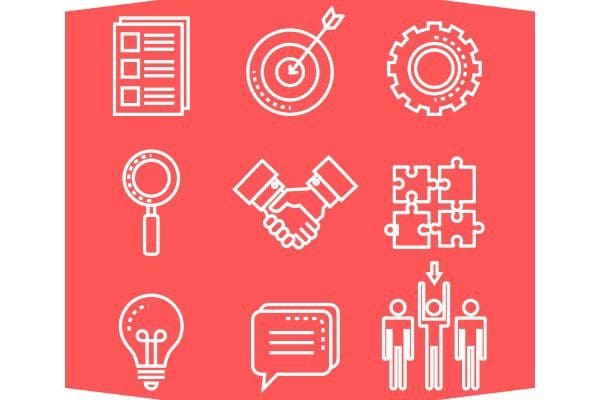 Sharp Insight, the private evaluation firm that partnered with Main Street, maintains a blog with resources related to evaluation. Check out these resources for ideas regarding how to take your first or next step in incorporating evaluation into your work:
Sharp Insight, the private evaluation firm that partnered with Main Street, maintains a blog with resources related to evaluation. Check out these resources for ideas regarding how to take your first or next step in incorporating evaluation into your work:
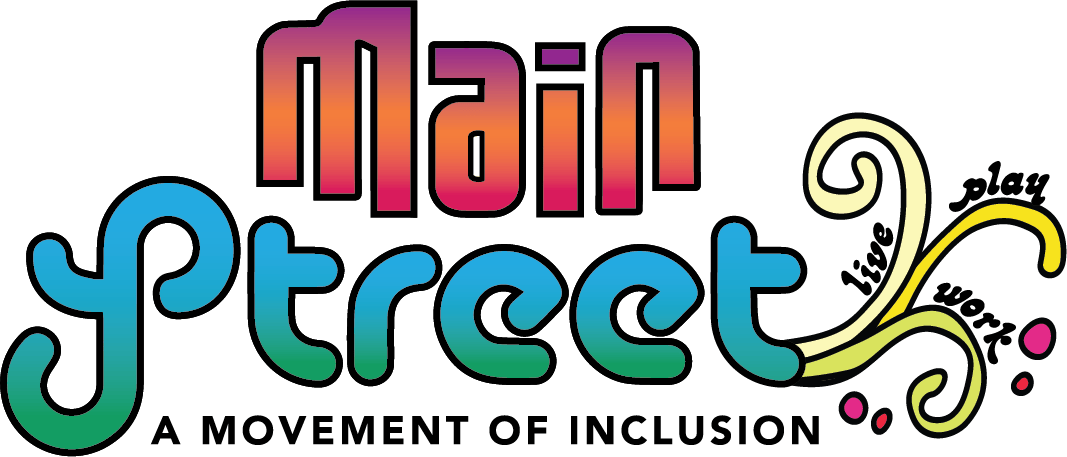
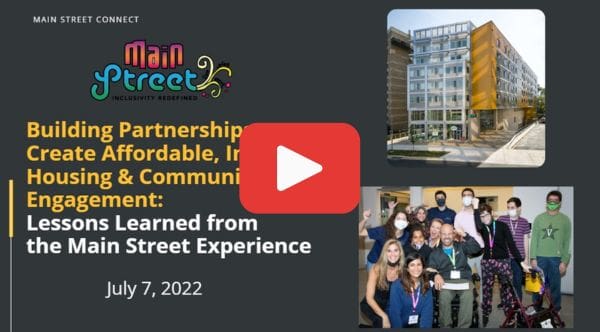
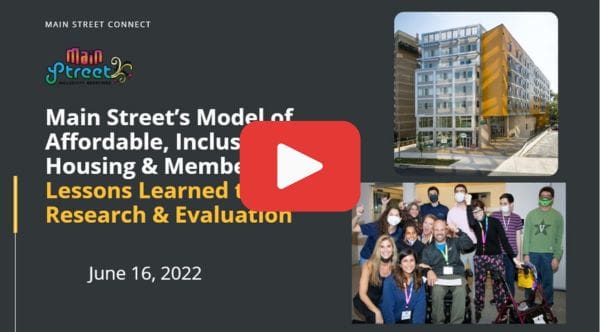
 FINANCIAL
FINANCIAL